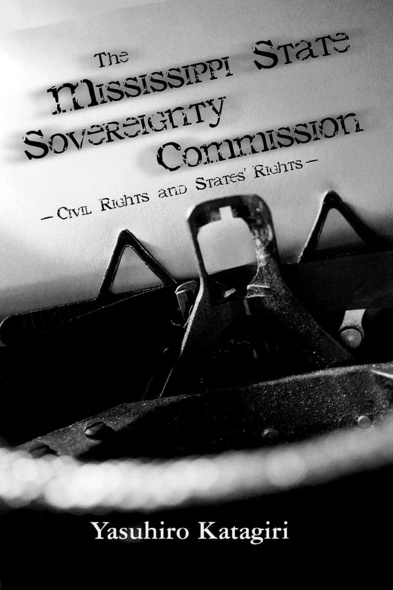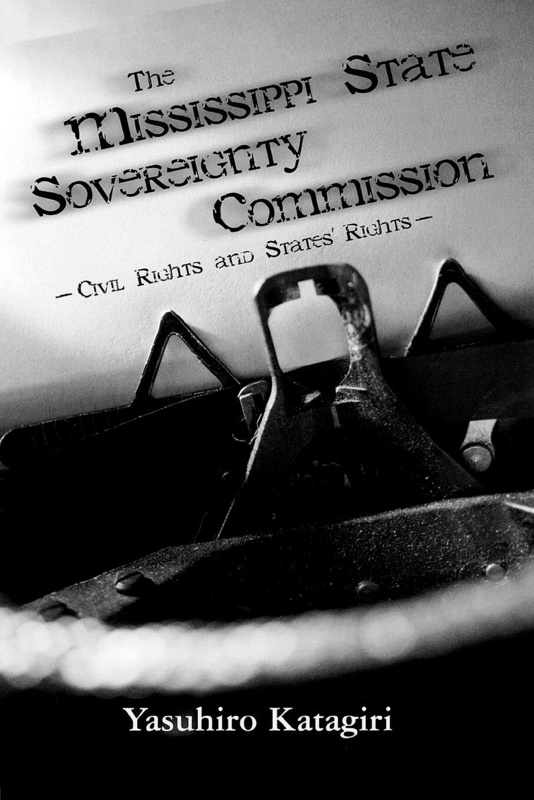
The Mississippi State Sovereignty Commission
Civil Rights and States' Rights
In 1956, two years after the U.S. Supreme Court unanimously outlawed legally imposed racial segregation in public schools, Mississippi created the State Sovereignty Commission.
This was the executive agency established “to protect the sovereignty of the State of Mississippi . . . from encroachment thereon by the Federal Government.” The code word encroachment implied the state’s strong resolve to preserve and protect the racial status quo. In the nomenclature the formality of the word sovereignty supposedly lent dignity to the actions of the Commission. For all practical purposes the Sovereignty Commission intended to wage this Deep South state’s monolithic resistance to desegregation and to the ever-intensifying crusade for civil rights in Mississippi.
In 1998 the papers of the Commission were made available for examination. No other state has such extensive and detailed documentary records from a similar agency. Exposed to public light, they unmasked the Commission as a counterrevolutionary department for political and social intrigue that infringed on individual constitutional rights and worked toward discrediting the civil rights movement by tarnishing the reputations of activists. As the eyes of the citizenry studied the records, the Commission slid from sovereign and segregated to unsavory and abominable.
This book, the first to give a comprehensive history of this watchdog agency, shows how, to this day, the Sovereignty Commission remains obscure, debated, and for many citizens a star chamber of the most sinister sort. Why was the Commission created? What were some of the political and social climates that initiated its creation? What were its activities during its seventeen years? What was its impact on the course of Mississippi and southern history?
Drawing on the newly opened materials at the Mississippi Department of Archives and History, this examination gives answers to such questions and traces the vicissitudes that took the Commission from governmental limelight to public opprobrium. This book also looks at the attitudes of the state’s white citizenry, who, upon realizing the Commission’s failure, saw the importance of a nonviolent accommodation of civil rights.
Yasuhiro Katagiri is associate professor of American history and government at Tokai University in Kanagawa, Japan. He has been published in such periodicals as American Review and 49th Parallel: An Interdisciplinary Journal of North American Studies.




